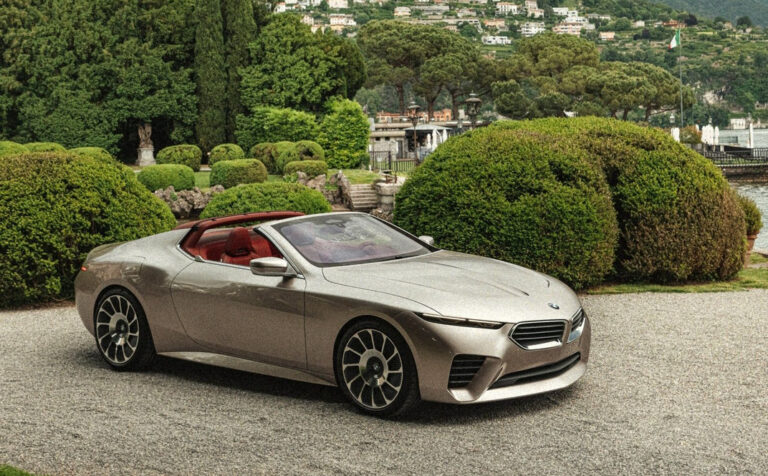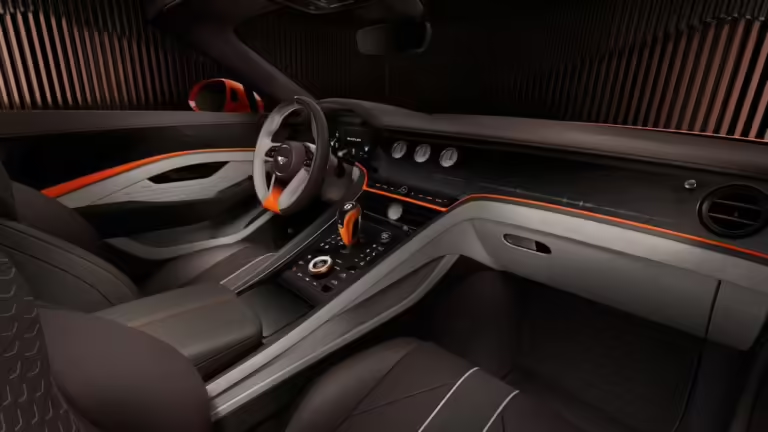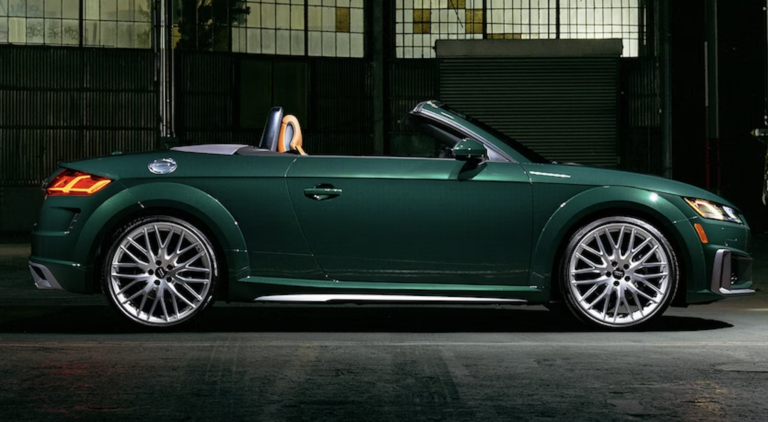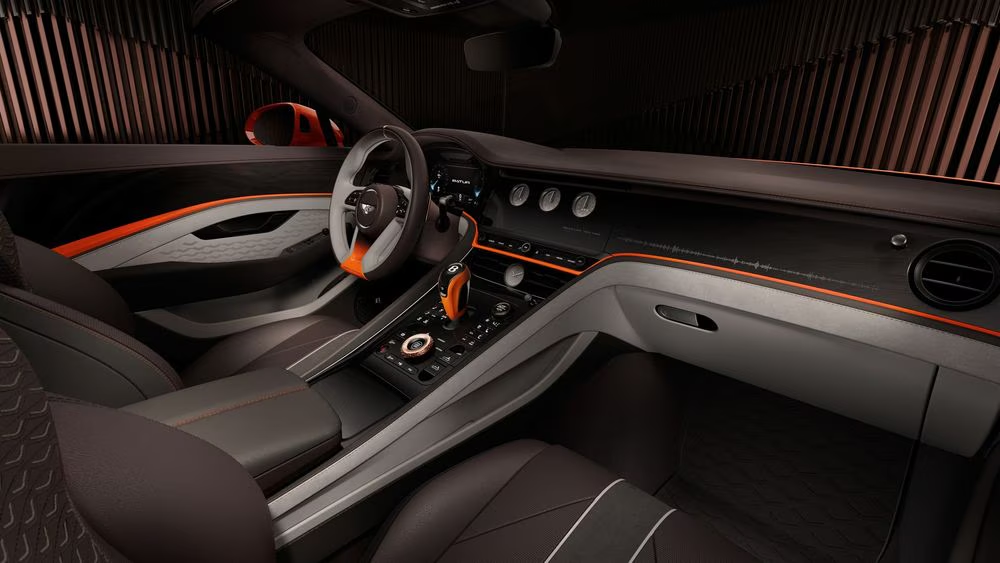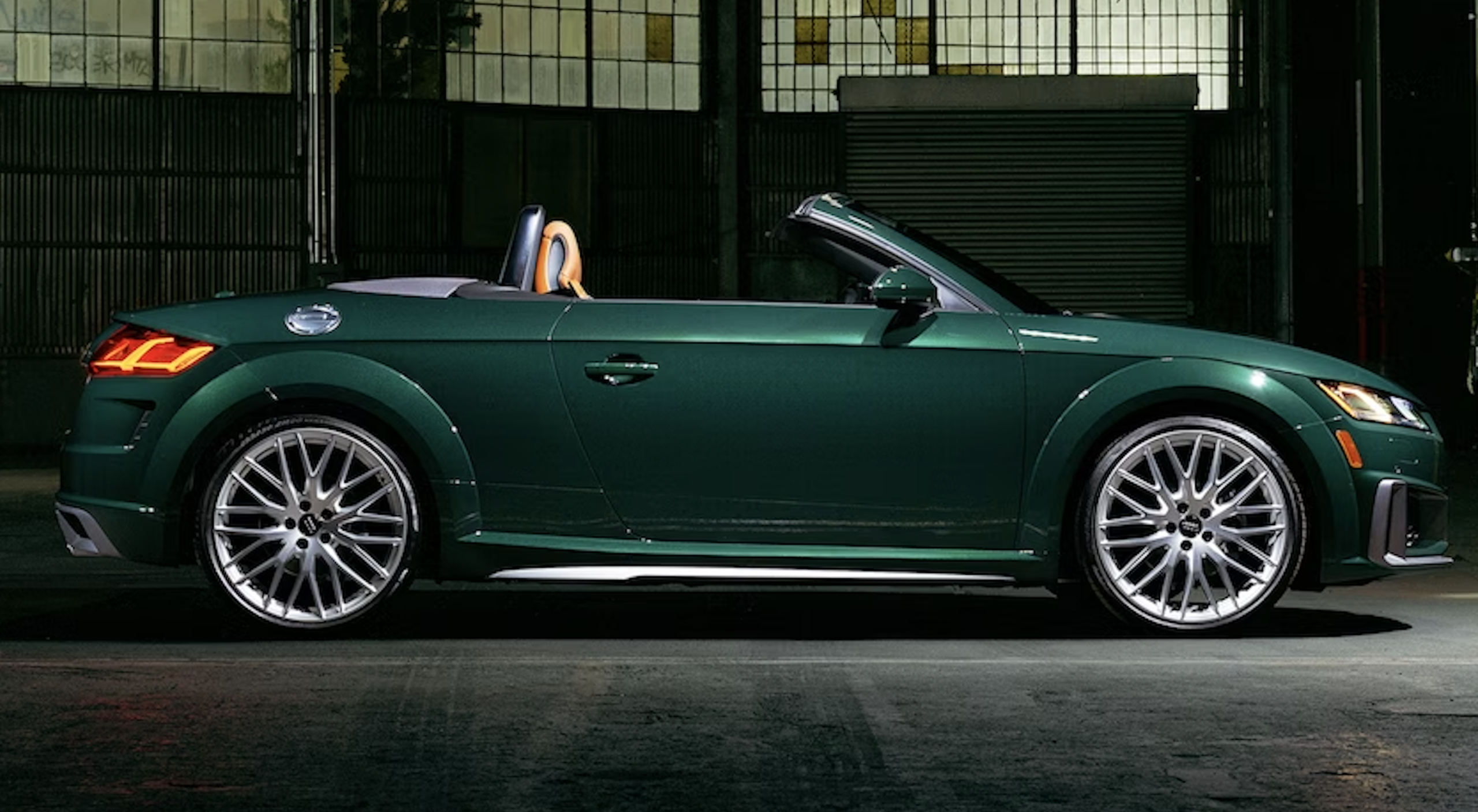GERMANY – SPEEDS, TOLLS, TRAFFIC REGULATIONS

Redakcja Cabrio Magazyn
January 22, 2020r.
Similar from this category
21 June, 2024
13 November, 2023
01 November, 2023
BMW Skytop Concept. Luxury Targa in limited edition
21 June, 2024
AUDI TT FINAL EDITION or the end of a design icon
13 November, 2023
DS MANAGER. HAPPINESS AND POSITIVE VIBES WITH PARTNERS
01 November, 2023
GENERAL INFORMATION
Our western neighbor is famous for its smooth highways without speed limits. But Germany is also a country of strictly enforced speed limits and traffic regulations. In order to travel on the roads there safely and without surprises, it is worth knowing the most important regulations and rules of the road in the Federal Republic of Germany. The document for entry into Germany is an identity card valid for at least 6 months or a passport valid for at least 3 months.
Vehicle equipment:
- warning triangle, cars weighing more than 3.5 tons should be equipped with portable yellow lamps, which are set with the triangle
- first aid kit
- it is recommended to use reflective vests (mandatory for professional drivers)
- The use of winter tires is not mandated by law, but when weather conditions require their use, police can fine you for not having winter tires
REGULATIONS AND PENALTIES
- Only people who are at least 18 years old can drive a vehicle
- it is required to have third party insurance of the car (and trailer), Polish insurance policies are honored in Germany without restrictions
- In some cities on the territory of the Federal Republic of Germany, the so-called “German” has been introduced. green zones (Umwelt Zone). Only cars marked with a special badge, the color of which indicates the emission standard met by the vehicles, are allowed to enter. The badges can be purchased at traffic authorities, diagnostic stations and authorized workshops in Germany. There is a €40 fine for entering the zone without a badge.
- German police during a roadside inspection have the right to thoroughly check the technical condition of a vehicle. If serious defects are found, it can impose a fine of up to several hundred euros and charge the driver for towing the vehicle to a workshop, and, for example: fixing the resulting oil or fluid leaks. When a driver repairs a car on his own in an unauthorized place, he faces similar consequences.
- Failure to obey speed limits and traffic regulations is severely punished by the police. In the case of detention, no negotiations are out of the question.
- Drivers should pay special attention to pedestrians and cyclists, who have absolute priority in cities. In the case of a collision with a pedestrian or cyclist, a detailed investigation is initiated even if there were no serious consequences of the incident.
- It is mandatory to use dipped headlights in tunnels
- When traveling in Germany, it is better to beware of hitchhikers. Taking a random passenger, can cause a lot of trouble during border zone inspections if the person is found to be in possession of unauthorized excise goods or narcotics. The transportation of non-EU citizens or illegally residing in Germany is treated as a crime. Such courtesy can end in criminal prosecution and even confiscation of the vehicle.
PERMISSIBLE BLOOD ALCOHOL CONTENT
MINIMUM FINE FOR DRUNK DRIVING
MAXIMUM AMOUNT OF DRUNK DRIVING FINE
PERMISSIBLE WIDTH OF VEHICLES
2,5 m
PERMISSIBLE HEIGHT OF VEHICLES
4 m
PERMISSIBLE LENGTH OF THE VEHICLE COMBINATION
18 m
ROAD TOLLS
- Highway travel is free, only trucks over 12 tons are charged for each kilometer traveled. Toll collection is overseen by a satellite-based toll, or road toll, system. The toll collection system is described at – www.toll-collect.de
SPEED LIMITS
In a built-up area, the speed limit is 50km/h, with other limits below. It is worth noting that speed limits on highways are only “recommended.”
